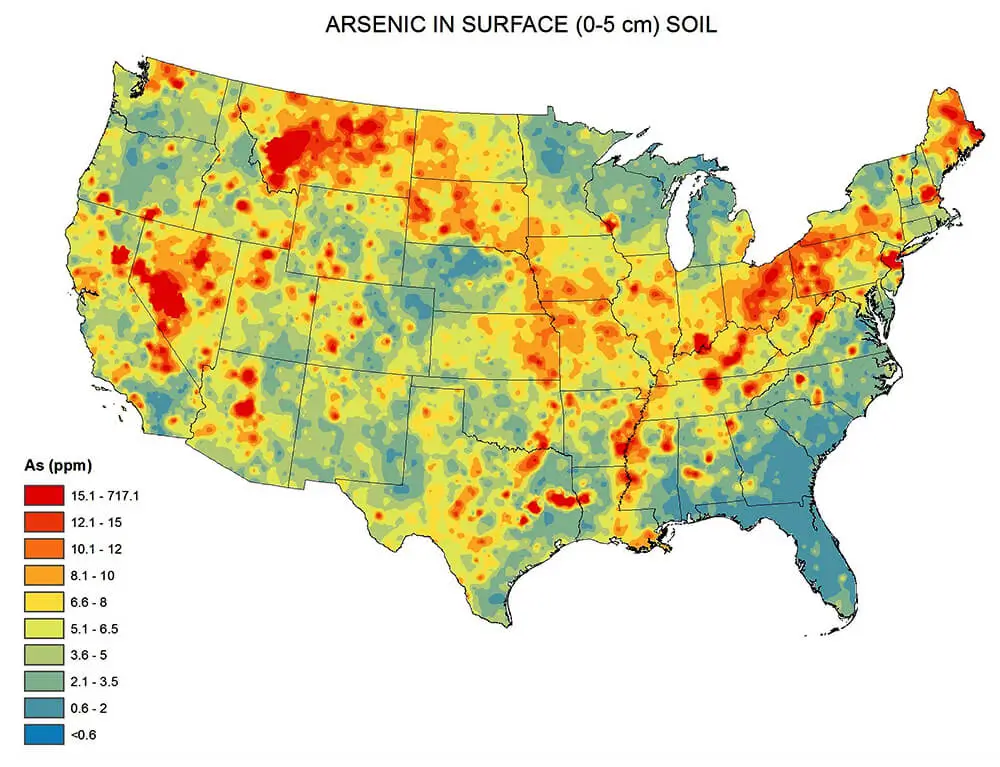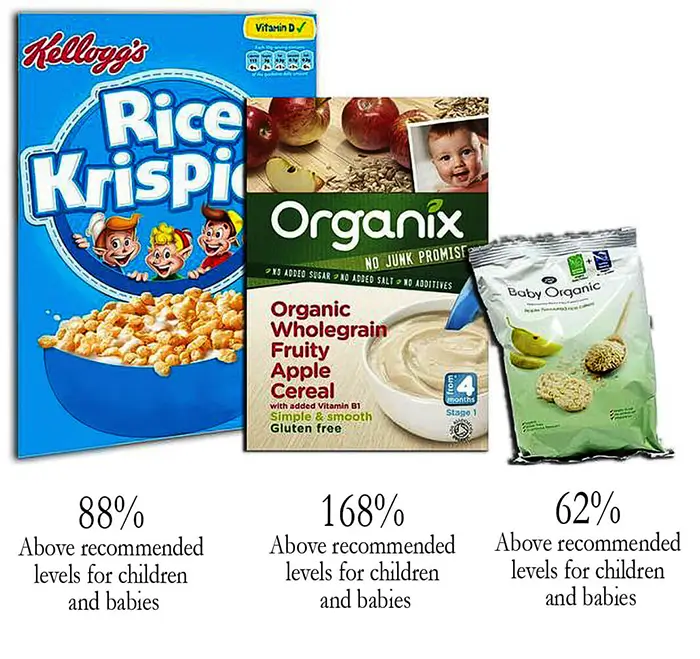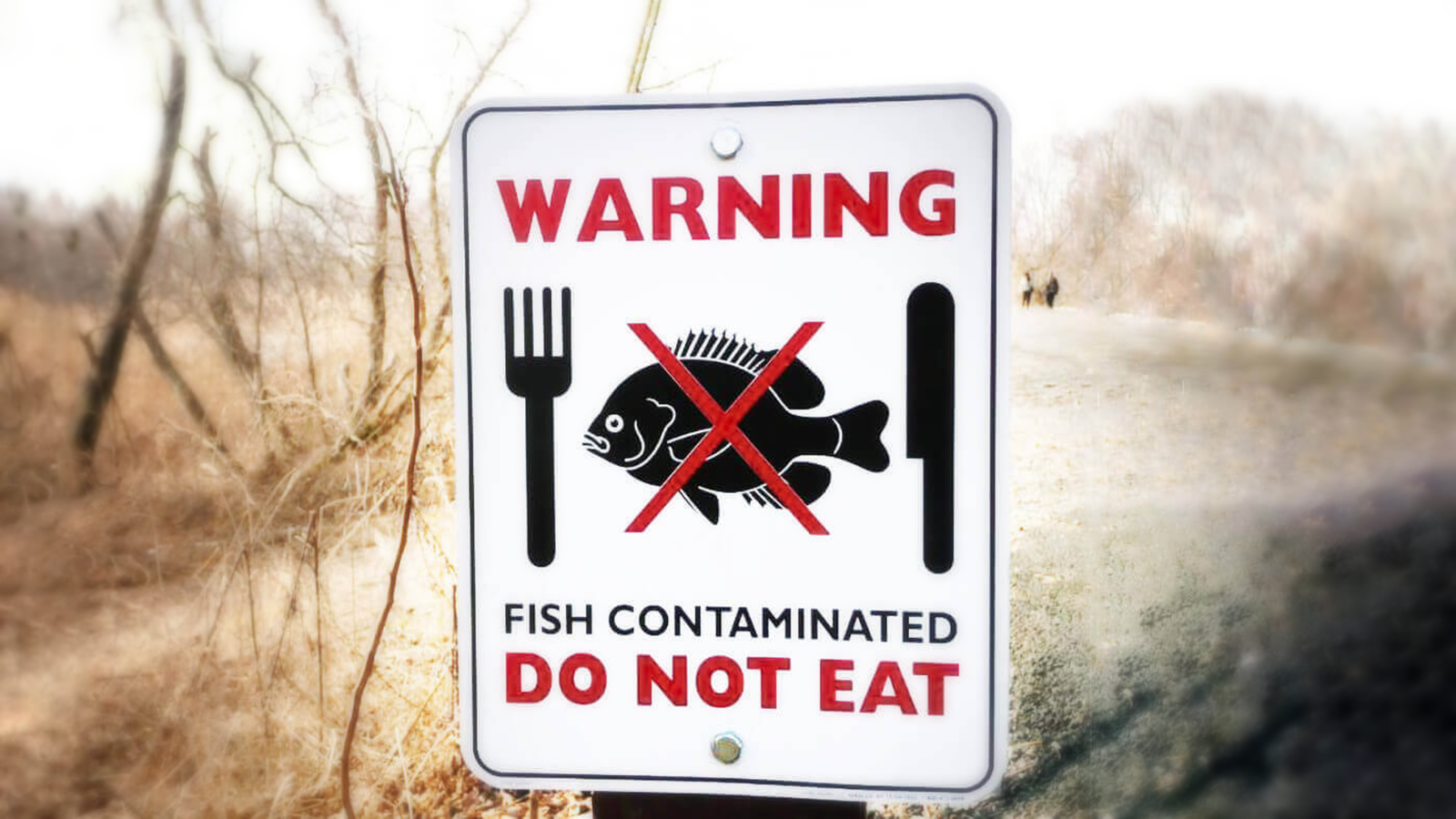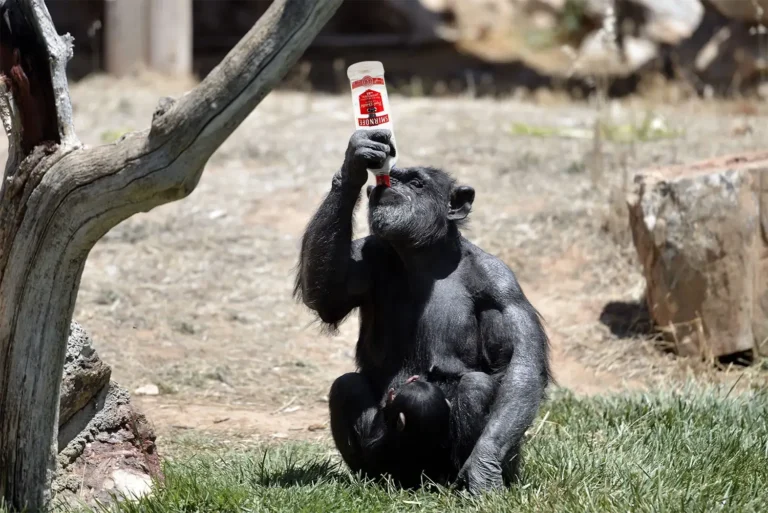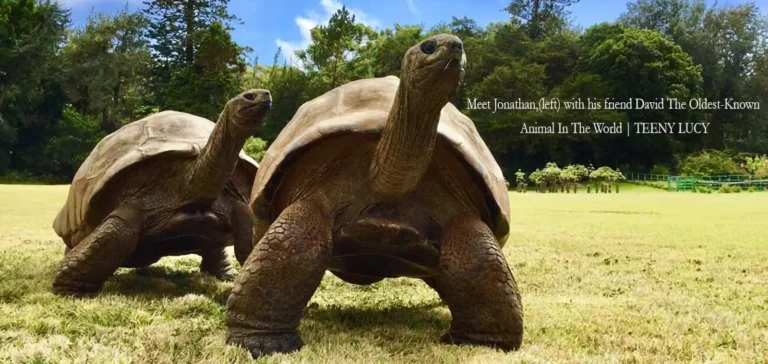Arsenic exposure and rice consumption- The most toxic grain of them all
From all known food sources rice absorbs the highest concentration of arsenic among all commonly eaten foods.
Milos Pokimica
Written By: Milos Pokimica
Medically Reviewed by: Dr. Xiùying Wáng, M.D.
Updated June 9, 2023Arsenic is a naturally occurring element that is found in water, air, food, and soil. It is also used in pesticides, different chemicals, tobacco, wood preservatives, in metal mining.
Most exposure comes from water. The water becomes contaminated underground by rocks that release arsenic. It can be found in groundwater, drinking water, lakes or reservoirs, and wells.
Some countries are more affected than others and some areas are more affected than others. Arsenic in drinking water is a really big problem in many countries around the world. China has a big problem with arsenic water pollution. India, Bangladesh, Chile, Vietnam, Taiwan, and the United States. (Naujokas et al., 2013) In some parts of the world the water supply is so polluted that WHO estimates are that for example in a highly affected area of Bangladesh, more than 21.4% of all deaths were attributed to high arsenic levels in drinking water (Argos et al., 2010). The problem with this toxin is that it does not have an odor, taste, or color.
Arsenic may also be found in foods, including rice and some fish. It can also enter the body by breathing dust containing arsenic, or through the skin, though this is not a major route of exposure.
Although top predatory fish is a significant source of exposure, from all known food sources rice absorbs the highest concentration among all commonly eaten foods. It contains between 10 to 20 times more arsenic for example than other cereal crops.
Because rice grows in flooded conditions arsenic in the soil is released and more readily available. That released arsenic will be absorbed by the rice plant, and some of it will end up in rice grains. Because arsenic is already naturally found in the soil, it will be absorbed regardless of farming practices. If there is pollution of water even if the rice is grown organically the concentrations will be high.
High exposure of people is reported in different areas of the world, especially in parts of Asia and South America. China and Bangladesh have a problem with arsenic leaching into drinking water and are countries that traditionally eat a rice-dominated diet. In some parts of China and Bangladesh drinking water is thoroughly contaminated with high levels of arsenic. From 2004, in the EU a stricter precautionary standard for maximum total arsenic of 10 µg/l in drinking water came into effect but to be fair EU never had a problem like China so for the EU it is easy to adopt strict standards where there are no problems in the first place.
Like any other poison, children are more exposed because they will typically consume more per unit of body weight as well as have more particular eating patterns and limited dietary choices. For instance, rice is used in many first foods. If we calculate dietary arsenic exposure in children per kilogram of body weight, it is estimated to be about on average 2- to 3-fold that of adults. High levels are found in most rice-based foods and drinks widely used for infants and young children. Low levels of arsenic impact fetuses or children on different levels like growth development, and immune development, and they impact IQ development as well. In 2004 one study was done in Bangladesh that showed that children that were exposed to arsenic in drinking water had much-lowered scores on standardized tests. In 2013 one study showed that pregnant women who were exposed to even tiny amounts of arsenic in drinking water had children that had significantly more chance of developing respiratory problems. In Sweden, their National Food Agency (SNFA) has an official recommendation that children under the age of six do not consume rice in any form, especially rice cakes. Rice cakes have more arsenic than any other rice product, and a recommendation for an adult is also to cut down on the consumption of rice cakes if they eat rice on regular basis. Children should have a balanced diet based on different grains as a source of carbohydrates and infants, and young children should avoid eating rice at all especially rice cakes and rice drinks. Prolonged exposure to arsenic in adults is associated with an increase in heart disease as well as lung, skin, and bladder cancers.
There are steps to take if we want to eat rice to lower the arsenic content, but it will vary depending on the type of rice, the way it was processed, the condition and place where it was grown, and the way it was cooked.
The highest concentration is in the bran. Rice bran should not be eaten at all so any product that was made out of it, for example, commercial rice milk would have higher concentrations.
There are methods of cooking to lower the level of finished rice.
The first method is to soak. When you soak the rice it will absorb water but also that will open up the grains structure, so some of the arsenic that is water-soluble will leach out from the rice to the liquid. When you soak the rice or beans throw away the water. Do not use it.
Also when the rice is cooked some of the arsenic will leach out to the water as well. So again do not let the water evaporate because the arsenic will be still in there. This is the traditional way of cooking. Cook the rice in the proper amount of water and then throw it away.
To recap, soak, drain, rinse with fresh water, cook with fresh water, and rinse again.
Basmati rice tends to contain less arsenic than other types, and brown rice tends to contain more because a big chunk of the arsenic is in the husk.
With just regular cooking of rice in a rice cooker or cooking to dryness without soaking 84% of arsenic will remain.
When one part of rice with five parts water is used, only 43% of the arsenic initially detected in the rice will remain.
The best method is to soak then rinse then do 5 to 1 cooking. That method will eliminate more than 80% of arsenic. And because arsenic occurs naturally, buying organic doesn’t generally help. Organic produce consumption does not necessarily impact the levels of metals or POPs. If there is arsenic in the soil, it is still “organic” produce.
References:
- Naujokas, M. F., Anderson, B., Ahsan, H., Aposhian, H. V., Graziano, J. H., Thompson, C., & Suk, W. A. (2013). The broad scope of health effects from chronic arsenic exposure: update on a worldwide public health problem. Environmental health perspectives, 121(3), 295–302. https://doi.org/10.1289/ehp.1205875
- Argos, M., Kalra, T., Rathouz, P. J., Chen, Y., Pierce, B., Parvez, F., Islam, T., Ahmed, A., Rakibuz-Zaman, M., Hasan, R., Sarwar, G., Slavkovich, V., van Geen, A., Graziano, J., & Ahsan, H. (2010). Arsenic exposure from drinking water, and all-cause and chronic-disease mortalities in Bangladesh (HEALS): a prospective cohort study. Lancet (London, England), 376(9737), 252–258. https://doi.org/10.1016/S0140-6736(10)60481-3
Related Posts
Do you have any questions about nutrition and health?
I would love to hear from you and answer them in my next post. I appreciate your input and opinion and I look forward to hearing from you soon. I also invite you to follow us on Facebook, Instagram, and Pinterest for more diet, nutrition, and health content. You can leave a comment there and connect with other health enthusiasts, share your tips and experiences, and get support and encouragement from our team and community.
I hope that this post was informative and enjoyable for you and that you are prepared to apply the insights you learned. If you found this post helpful, please share it with your friends and family who might also benefit from it. You never know who might need some guidance and support on their health journey.
– You Might Also Like –

Learn About Nutrition
Milos Pokimica is a doctor of natural medicine, clinical nutritionist, medical health and nutrition writer, and nutritional science advisor. Author of the book series Go Vegan? Review of Science, he also operates the natural health website GoVeganWay.com
Medical Disclaimer
GoVeganWay.com brings you reviews of the latest nutrition and health-related research. The information provided represents the personal opinion of the author and is not intended nor implied to be a substitute for professional medical advice, diagnosis, or treatment. The information provided is for informational purposes only and is not intended to serve as a substitute for the consultation, diagnosis, and/or medical treatment of a qualified physician or healthcare provider.NEVER DISREGARD PROFESSIONAL MEDICAL ADVICE OR DELAY SEEKING MEDICAL TREATMENT BECAUSE OF SOMETHING YOU HAVE READ ON OR ACCESSED THROUGH GoVeganWay.com
NEVER APPLY ANY LIFESTYLE CHANGES OR ANY CHANGES AT ALL AS A CONSEQUENCE OF SOMETHING YOU HAVE READ IN GoVeganWay.com BEFORE CONSULTING LICENCED MEDICAL PRACTITIONER.
In the event of a medical emergency, call a doctor or 911 immediately. GoVeganWay.com does not recommend or endorse any specific groups, organizations, tests, physicians, products, procedures, opinions, or other information that may be mentioned inside.
Editor Picks –
Milos Pokimica is a doctor of natural medicine, clinical nutritionist, medical health and nutrition writer, and nutritional science advisor. Author of the book series Go Vegan? Review of Science, he also operates the natural health website GoVeganWay.com
Latest Articles –
Plant Based News
-
Jamie Oliver Highlights ‘Important Connection’ Between Tofu And Longevity
on July 6, 2025
-
This Vegan Mung Bean Scramble Looks and Tastes Just Like Eggs
on July 6, 2025
-
Vegan Black Rice And Peas
on July 6, 2025
-
Vegan Cheese Brand Miyoko’s Introduces Taco Blend ‘Shreds’
on July 5, 2025
-
Comforting Curried Veggies
on July 5, 2025
-
10 Vegan Summer Breakfast Ideas
on July 5, 2025
-
New Netflix Documentary Highlights Impact Of Fishing On Sharks
on July 4, 2025
Top Health News — ScienceDaily
- Cough medicine turned brain protector? Ambroxol may slow Parkinson’s dementiaon July 6, 2025
Ambroxol, long used for coughs in Europe, stabilized symptoms and brain-damage markers in Parkinson’s dementia patients over 12 months, whereas placebo patients worsened. Those with high-risk genes even saw cognitive gains, hinting at real disease-modifying power.
- Multisensory VR forest reboots your brain and lifts mood—study confirmson July 6, 2025
Immersing stressed volunteers in a 360° virtual Douglas-fir forest complete with sights, sounds and scents boosted their mood, sharpened short-term memory and deepened their feeling of nature-connectedness—especially when all three senses were engaged. Researchers suggest such multisensory VR “forest baths” could brighten clinics, waiting rooms and dense city spaces, offering a potent mental refresh where real greenery is scarce.
- Pregnancy’s 100-million-year secret: Inside the placenta’s evolutionary power playon July 6, 2025
A group of scientists studying pregnancy across six different mammals—from humans to marsupials—uncovered how certain cells at the mother-baby boundary have been working together for over 100 million years. By mapping gene activity in these cells, they found that pregnancy isn’t just a battle between mother and fetus, but often a carefully coordinated partnership. These ancient cell interactions, including hormone production and nutrient sharing, evolved to support longer, more complex […]
- New tech tracks blood sodium without a single needleon July 6, 2025
Scientists have pioneered a new way to monitor sodium levels in the blood—without drawing a single drop. By combining terahertz radiation and optoacoustic detection, they created a non-invasive system that tracks sodium in real time, even through skin. The approach bypasses traditional barriers like water interference and opens up potential for fast, safe diagnostics in humans.
- Scientists reverse Parkinson’s symptoms in mice — Could humans be next?on July 6, 2025
Scientists at the University of Sydney have uncovered a malfunctioning version of the SOD1 protein that clumps inside brain cells and fuels Parkinson’s disease. In mouse models, restoring the protein’s function with a targeted copper supplement dramatically rescued movement, hinting at a future therapy that could slow or halt the disease in people.
- Tiny twitches, big breakthrough: New clues to catch Parkinson’s sooneron July 6, 2025
These findings highlight the significance of rearing behavior and behavioral lateralization as potential behavioral markers for tracking the progression of Parkinson’s disease.
- The surprising link between hearing loss, loneliness, and lifespanon July 5, 2025
People who treat hearing loss with hearing aids or cochlear implants regain rich conversations, escape isolation, and may even protect their brains and lifespans—proof that better hearing translates into fuller living.
PubMed, #vegan-diet –
- Health and environmental impacts of shifting to plant-based analogues: a risk-benefit assessmenton July 5, 2025
CONCLUSION: PBAs can be considered feasible alternatives to animal-based foods, and the results emphasise meat substitution as a crucial factor for health and environmental benefits.
- Exploring the role of gut microbiota in rheumatoid arthritis: the effects of diet and drug supplementationon July 2, 2025
Rheumatoid Arthritis (RA) is a chronic autoimmune disease that mostly breaks out at the joints. It further causes bone erosion and decreased life quality due to severe pain. Current drugs are mainly focused on reducing pain, but unable to terminate the disease progression. This study aims to determine the effect of diet types (Western, Vegan and Mediterranean) on RA progression. Some dietary supplements and drug administration (Huayu-Qiangshen-Tongbi formula or Leflunomide plus Methotrexate) […]
- Blood biomarkers of Alzheimer’s disease in Australians habitually consuming various plant-based dietson June 30, 2025
BackgroundEvidence suggests that plant-based diets (PBDs) may be protective against neurodegenerative diseases such as Alzheimer’s disease (AD).ObjectiveThis study examined associations between blood-based AD biomarkers in individuals 30-75 years without current or diagnosed cardiovascular disease following different PBDs versus regular meat-eating diets (RMEs).MethodsThis secondary analysis of the Plant-based Diets study measured Aβ(1-42)/Aβ(1-40), p-tau181, NFL, and GFAP in 237 plasma […]
- Zinc supplementation among zinc-deficient vegetarians and vegans restores antiviral interferon-α response by upregulating interferon regulatory factor 3on June 28, 2025
CONCLUSION: We identified zinc-dependent IRF3 expression as an essential cellular mechanism behind impaired IFNα response in zinc-deficient subjects. This may contribute to disturbed antiviral immunity and cause increased susceptibility to virus infections in vivo. Oral zinc supplementation effectively restored IRF3 and IFNα levels. Hence, nutritional interventions may become increasingly important in order to prevent health implications from micronutrient deficiencies among vegetarians and…
- Integrating comparative genomics and risk classification by assessing virulence, antimicrobial resistance, and plasmid spread in microbial communities with gSpreadCompon June 26, 2025
CONCLUSIONS: The gSpreadComp workflow aims to facilitate hypothesis generation for targeted experimental validations by the identification of concerning resistant hotspots in complex microbial datasets. Our study raises attention to a more thorough study of the critical role of diet in microbial community dynamics and the spread of AMR. This research underscores the importance of integrating genomic data into public health strategies to combat AMR. The gSpreadComp workflow is available at…
Random Posts –
Featured Posts –

Latest from PubMed, #plant-based diet –
- Health and environmental impacts of shifting to plant-based analogues: a risk-benefit assessmentby Catarina Carvalho on July 5, 2025
CONCLUSION: PBAs can be considered feasible alternatives to animal-based foods, and the results emphasise meat substitution as a crucial factor for health and environmental benefits.
- Low-Carbohydrate Diet Patterns That Favor High-Quality Carbohydrates Are Associated with Beneficial Long-Term Changes in Biomarkers of Inflammation and Oxidative Stress in the Framingham Offspring…by Ghaida F Aloraini on July 4, 2025
CONCLUSIONS: LCD patterns that preserved high-quality carbohydrates while replacing low-quality carbohydrates sources, such as refined grains and added sugars, with fat and protein were inversely associated with inflammation and oxidative stress score, potentially lowering chronic disease risk.
- Linking the Planetary Health Diet Index to sarcopenia: the mediating effect of the non-high-density lipoprotein cholesterol to high-density lipoprotein cholesterol ratio (NHHR)by Huan Chen on July 4, 2025
CONCLUSION: This study highlights the observed negative correlation between PHDI and sarcopenia, with NHHR acting as a partial mediator. These findings emphasize the potential importance of dietary patterns in strategies aimed at preventing sarcopenia.
- Design and conduct of a full diet-controlled, parallel, 2-week residential trial for diabetes prevention without weight loss in Asian Chinese and European Caucasian adults with prediabetes: the New…by Ivana R Sequeira-Bisson on July 4, 2025
BACKGROUND: The causal underpinning of increased metabolic risk and previously observed dichotomous plasma metabolome in Asian Chinese vs. European Caucasian remains undetermined and may be hypothesised as attributed to ethnicity (genetic background), pathology (dysglycaemia) and/or lifestyle (habitual diet). We aimed to investigate the underlying cause(s) and the effect of dietary intervention on biomarkers of type 2 diabetes (T2D) in cohorts with prediabetes. The diets are a generic current…
- Comparison of digestive capacity in broilers raised on diets with or without soybean mealby Xiaomeng Ye on July 4, 2025
The objective of this study was to investigate the digestive capacity of broilers raised on diets with or without soybean meal, and evaluate the impact on the determination of metabolizable energy (ME) in feed. Two hundred and eighty-eight 7-day-old Arbor Acres male broilers were divided into 6 blocks based on initial body weight (BW). Within each block, 48 broilers were randomly assigned to one of the two types of diet: a corn-soybean meal diet (CSMD) and a corn-based soybean meal-free diet…
- Dietary Patterns and Incident Chronic Constipation in Three Prospective Cohorts of Middle- and Older-aged Adultsby Yiqing Wang on July 4, 2025
CONCLUSION: Our findings suggest that dietary patterns emphasizing plant-based foods and healthy fats may protect against constipation, informing future dietary interventions and treatments for chronic constipation.
